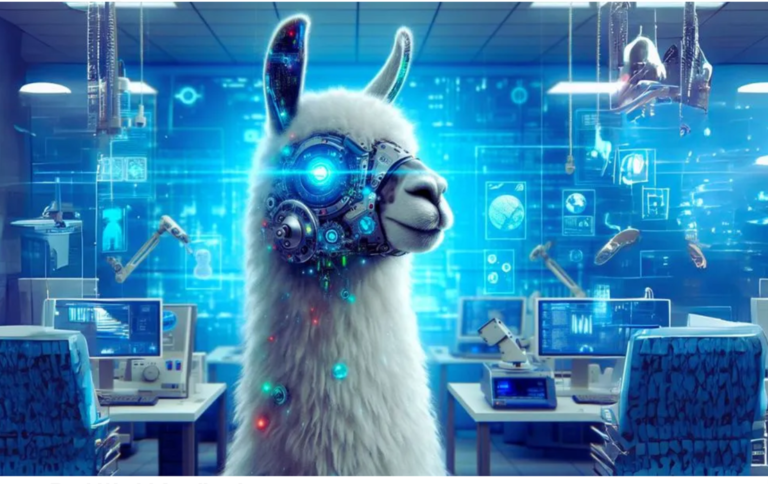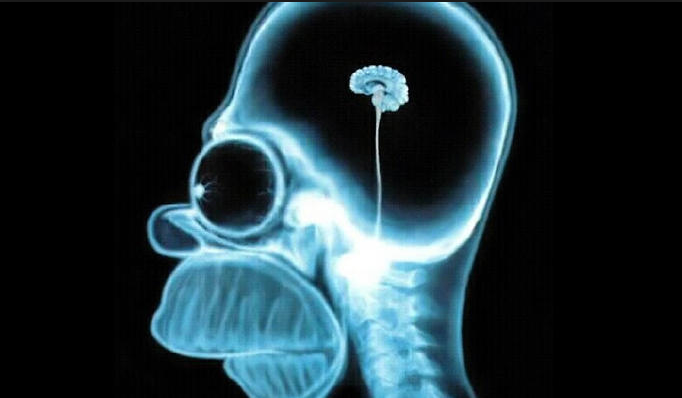Social media could be the saviour of the broadcast industry.
- I have been very hard on the broadcast TV industry (see here) in assuming that that it will remain in denial while Internet TV destroys its business.
- However, fortune seems to have thrown the industry a lifeline that may give it time to awaken from its position of denial to one of proactive action.
- To date, I have been of the opinion that the only media that people will not tolerate time shifted is sports but social media is changing the way people view TV.
- Particular types of shows such as reality TV, drama and comedy shows are attracting so much commentary, spoilers and chatter on Twitter and Facebook that it is becoming part of the entire viewing experience.
- This interaction currently only happens at the time of broadcast and it is starting to affect the behaviour of viewers.
- People are once again ensuring that they are at home in front of the TV in order to participate in the chatter as the show is broadcast.
- For example, VMA awards show that broadcast in August generated 18.5m tweets making up 90% of the twitter activity about TV on that evening.
- As a result of the social media traffic, the show’s ratings improved by 53% compared to the previous year.
- This correlation does not always hold true especially when it comes to more special interest programming but it is clear for the mainstream, social media is important.
- Furthermore, Nielsen is considering monitoring tweets as part of its ratings system in the immediate future.
- If social media can create an advantage to watch shows as they are broadcast, then it could slow the migration of broadcast to internet TV.
- The over-the-top providers typically get access to a show one or two days after it is broadcast.
- This would be a real relief to the broadcast industry which is under real threat of being dis-intermediated as its hold on distribution evaporates.
- Penetration of Internet TV is still at very low levels meaning that it could be 10 years or more before it moves into the mainstream.
- If the importance of social media continues to grow as part of the TV experience, then I suspect this could take even longer.
- They say that fortune favours the bold but it is certainly not true in this case.









Blog Comments
tatilsever
October 8, 2013 at 5:22 pm
Most cable TV channels and substantial part of major broadcasting slots rely on reruns or fresh, but mundane programming that would not create much real time social media commentary. Even if social networks reduce the demand for time shifting, a move towards TV over IP would still cause a major consolidation of the broadcasting business.
tatilsever
October 8, 2013 at 5:26 pm
As soon as advertising rates on streamed shows become comparable to broadcasted ones, I suspect broadcasters will stop treating cable TV as the most favored distribution channel. I believe adverting on streaming shows are going to be more valuable to advertisers eventually, as they will be able to better track potential customers by combing data from web viewing and online shopping habits, compared to merely blanketing the airwaves, so I expect the transition to happen very quickly once it gets going. As the content will not be amenable to repackaging and regurgitating the way news stories are, I suspect the online outlets will not proliferate the way it did in the news industry, limiting the “supply” and keeping ad rates high.
Broadcast TV – Sword of Damocles | Radio Free Mobile
October 15, 2013 at 10:20 am
[…] Some drama and reality TV shows are attracting a strong social media following and these too may also see some resistance to the move to time-shifted TV. […]